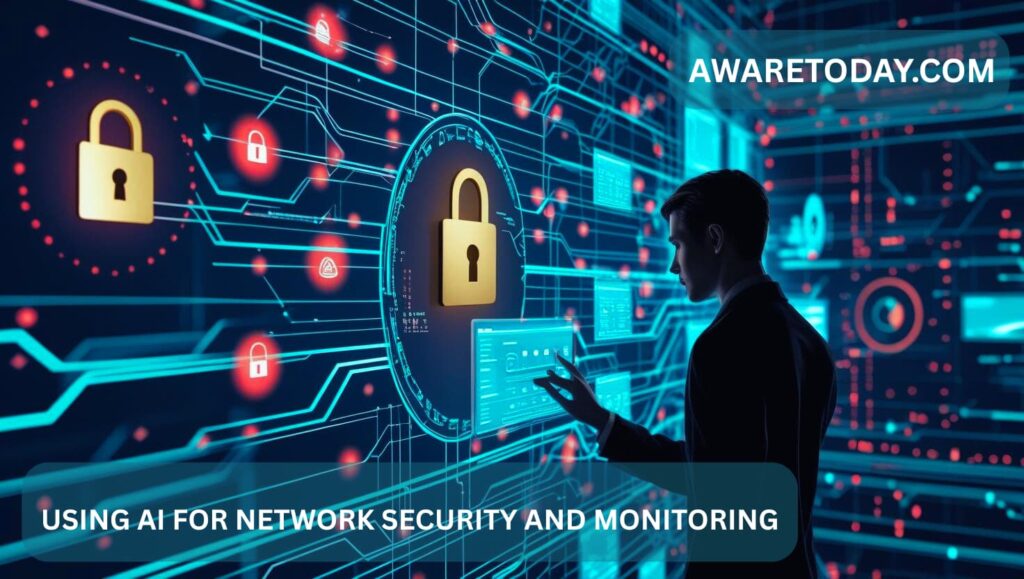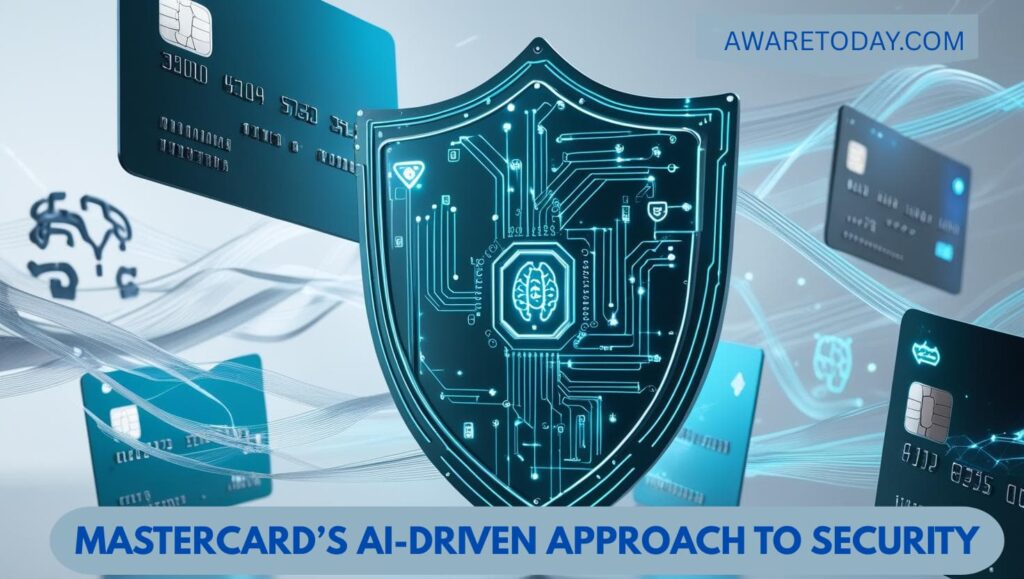What is Ethical Hacking?
Ethical hacking, also known as “white-hat hacking,” is the practice of testing computer systems, networks, or applications for vulnerabilities to improve their security. Unlike malicious hackers, ethical hackers operate with permission and aim to protect systems rather than harm them.
The process involves using the same tools and techniques as cybercriminals but in a controlled and authorized manner. The whole point is the identification of weaknesses before they get exploited by malicious actors. Ethical hacking is an essential part of cybersecurity, helping organizations stay one step ahead of potential threats.
As the digital world grows, so do the risks associated with it. Cyberattacks are on the rise, targeting businesses, governments, and individuals alike. Ethical hacking ensures that vulnerabilities are addressed proactively, protecting sensitive data and critical infrastructure.
The Importance of Ethical Hacking
The impact of cyberattacks can be massive in today’s technology world. Businesses lose millions through ransomware, customer information is leaked quite frequently, and the malicious activities could then virtually cripple operations systems. Ethical hacking ensures none of the above happens.
1. Stolen Data Prevention
A data breach occurs when sensitive information, such as financial records, personal identities, or trade secrets, is accessed without authorization. The skills of ethical hackers help organizations find weak points in their systems that may lead to the breach, allowing them to patch vulnerabilities before attackers can exploit them.
2. Protect Reputations
A successful cyberattack could severely damage an organization’s reputation. Customers would lose confidence, while the business could suffer lawsuits or be fined by the regulatory authorities. Ethics hacking ensures that organizations maintain strong defense mechanisms that prevent such incidents from spoiling their reputation.
3. Being Threat Aware
Cybercriminals keep reinventing themselves and experimenting with the newest ways of attacks. Ethics hacking enables organizations to exercise or test their defenses from time to time, making them ready and aware of the latest threats.
4. Meeting Compliance Needs
There are several industries, including but not limited to healthcare and finance, that mandate organizations to perform periodic security reviews due to legal or other regulatory needs. Ethical hacking helps businesses stay compliant and improve their global security posture.
The Ethical Hacking Process
Ethical hacking is a step-by-step process with several key components. Every component makes sure that vulnerabilities are identified and addressed systematically.
1. Planning and Permission
Obtain permission from the organization to test their systems. This way, a hacker will only operate within legal and ethical considerations. A proper plan is established that specifies the scope of testing as well as the tools and objectives.
2. Information Gathering or Reconnaissance
Ethical hackers gather information about the target system. It may consist of information regarding the architecture, variations of software, and possible entry points. Scanning for IP addresses, domain information analysis, and network mapping are some commonly seen techniques in this stage.
3. Vulnerability Identification
After gathering all the required information, ethical hackers scan for vulnerabilities with various tools and techniques. They might include:
- Legacy software with known security holes.
- Servers or firewalls misconfigured.
- Weak passwords or default credentials.
4. Exploitation
This is the process of trying to exploit the identified vulnerabilities in order to evaluate the extent of their severity. Ethical hackers simulate real-life attacks to figure out how a malicious hacker might breach the system.
5. Reporting and fixes
Following the test, a comprehensive report is done. This report points out the identified vulnerabilities, their probable impact, and what is needed to remedy them. The security team in the organization works to implement such fixes that come from the ethical hacker recommendations to make the system stronger and more resilient.
Tools and Skills of an Ethical Hacker
Ethical hackers undertake their work with a collection of tools and skills.
Basic Tools for Ethical Hacking
Nmap: A network scanning tool to identify open ports and services.
Metasploit: A framework for the penetration test that exploits known vulnerabilities.
Wireshark, a protocol analyzer for networks, detects unusual activities in traffic.
Burp Suite is a tool for testing application security.
John the Ripper is a password-cracking tool to identify weak passwords.
Career Opportunities in Ethical Hacking
The demand for skilled ethical hackers is growing rapidly as businesses and governments prioritize cybersecurity. Ethical hackers can pursue a variety of roles, such as:
Penetration Tester
Professionals who simulate cyberattacks to assess a system’s security.
Security Analyst
Experts who monitor systems for vulnerabilities and investigate potential breaches.
Cybersecurity Consultant
Consultants who assist organizations in designing and implementing security policies.
Vulnerability Assessor
Experts who analyze security systems and make suggestions to correct shortcomings.
Legal and ethical limitations
Ethical hacking is strictly governed by legal and ethical standards. Even with good intentions, unauthorized hacking is prohibited by law and can lead to serious consequences. To avoid violating the law, ethical hackers need to:
Obtain Permission: Always obtain written permission from the system owner before the testing.
Act within the defined scope: Only perform work as per the agreed scope to prevent legal issues.
Respect Privacy: Do not access, and do not expose sensitive data where it is unnecessary.
Actions should be documented. Detailed records will reflect compliance.
Conclusion
Ethical hacking is an indispensable constituent of modern cybersecurity. The identification of vulnerabilities and fixing them minimizes the possible cyberattacks on an organization, ensuring that sensitive data is safe. This field offers exciting opportunities to work as an ethical hacker if one achieves the right set of skills and makes a commitment to ethical practice.









